People in the UK calling for action on digital exclusion
We’re advocating that the current and any future Government prioritise digital exclusion. New polling data shows that people in the UK are supportive, and are calling for action. A blog by Helen Milner.
The polls are in! Action on digital exclusion is a vote winner.
It’s an interesting time in politics. By-election results last week show that listening to issues that really matter to people is important. At Good Things Foundation we’re advocating that the current and any future Government prioritise digital exclusion and now new polling data shows that people in the UK are supportive, and are calling for action.
Three quarters of the UK population support Government investment in fixing the digital divide. Three in every four people have shown that this is an issue that matters to them.
The PublicFirst poll for Good Things Foundation*, shows:
- 75% of people think the Government should fix the digital divide.
- 70% of people would support the Government providing a device to access the internet in every household.
- 80% of people would support the Government prioritising internet access in all homes.
- 75% of people think that the Government should invest in digital skills training.
We’re pleased to see that pressure is rising, including the recent House of Lords Communications and Digital Committee’s inquiry report into the cost of living crisis and digital exclusion. The report describes the digital divide’s profound effects on individual health and wellbeing, as well as the multi-billion pound implications for the country’s economic growth, education, employment, and reaching Net Zero targets.
The damning evidence in the Committee’s report concludes that the scale of digital exclusion is a “direct consequence of political lethargy” and to achieve its global digital leadership ambitions, the Government must act.
Since the last Digital Inclusion Strategy was launched in 2014 – almost a decade ago – the whole world has changed. What was once fit-for-purpose, is now anything but – and we’ll never achieve the ambitious goal of being a global technology superpower, if we don’t urgently support those who have been left behind.
Our polling shows that the general public agree.
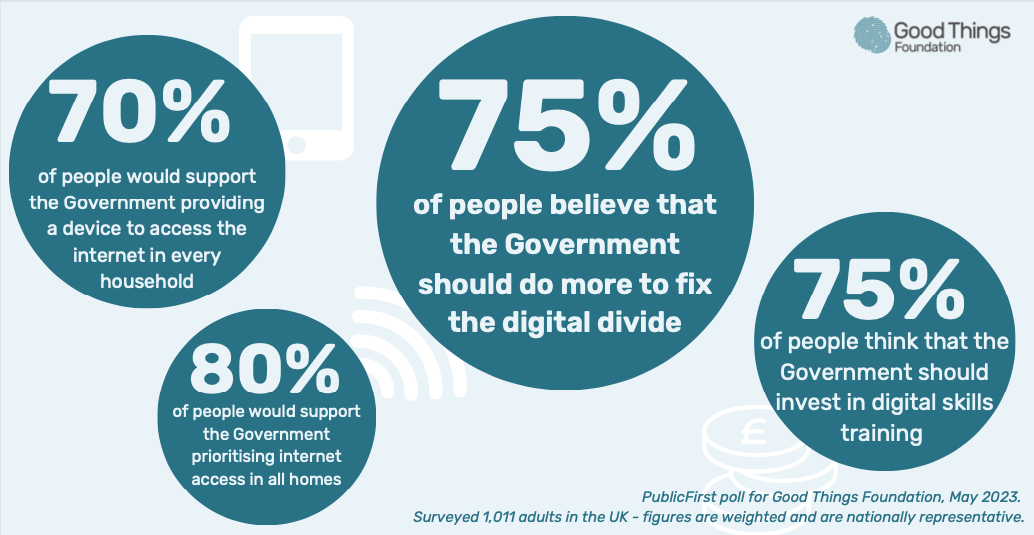
Provide households with a device to access the internet
With 70% of people supporting the Government to provide households with a device to access the internet – an easy and cost-free solution would be for Government departments to lead the way, donating their old tech (computers, phones) to the National Device Bank, for refurbishment and redistribution into the hands of people who can’t afford to access their own devices.
The Lords’ report calls for the Government to support businesses to donate to initiatives like the National Device Bank, and with high-security organisations like police forces, major traders and local authorities donating, the barriers can easily be overcome.
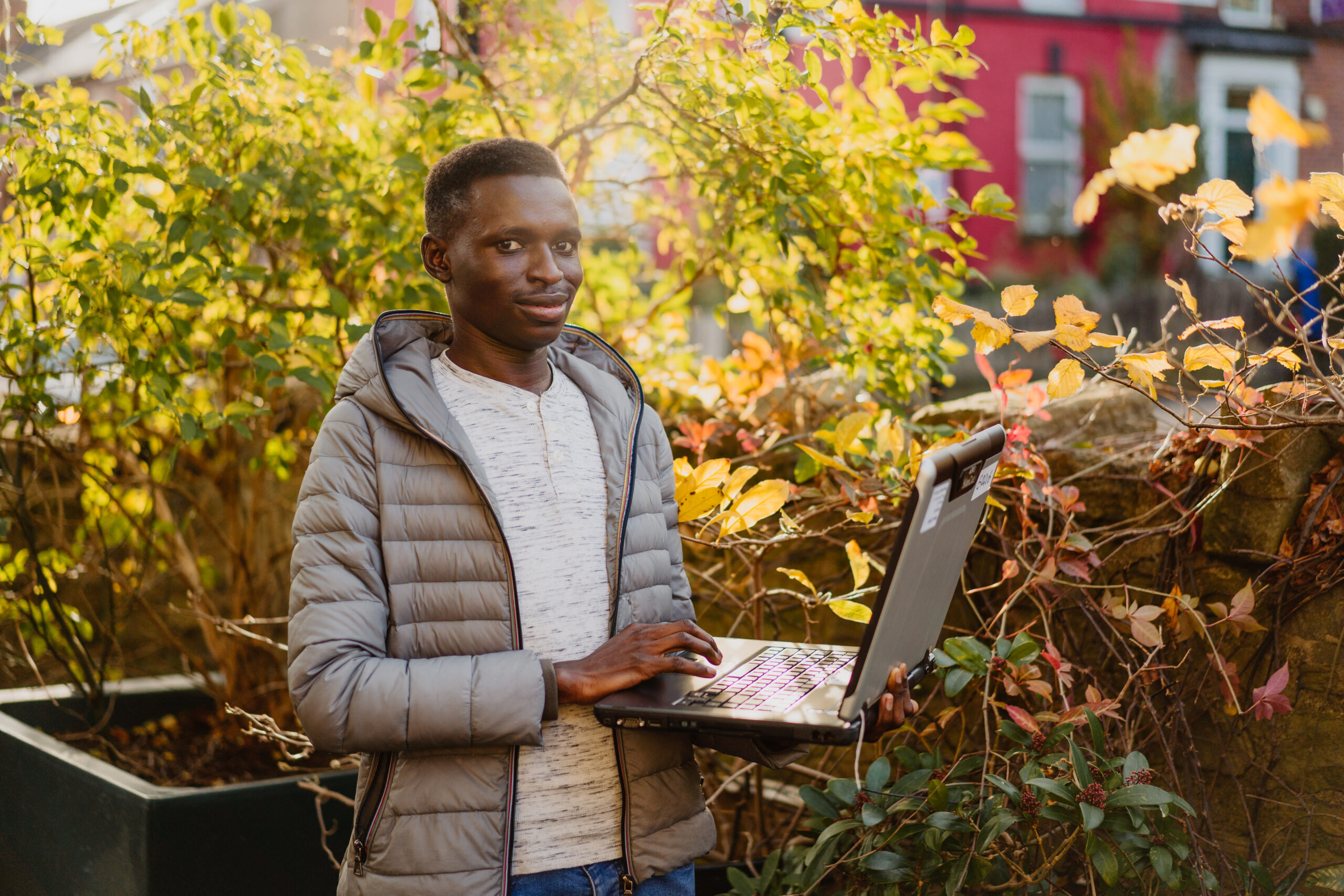
Prioritise internet access in all homes
Our polling shows that 80% of people would support the Government prioritising internet access in all homes. We know industry is ready to respond to the Lords’ recommendations, they are willing to pass a cut on VAT on social tariffs onto low-income customers.
And then there’s the National Databank, launched with Virgin Media O2, that provides free mobile data in almost 1,300 National Databank Hubs across the UK.
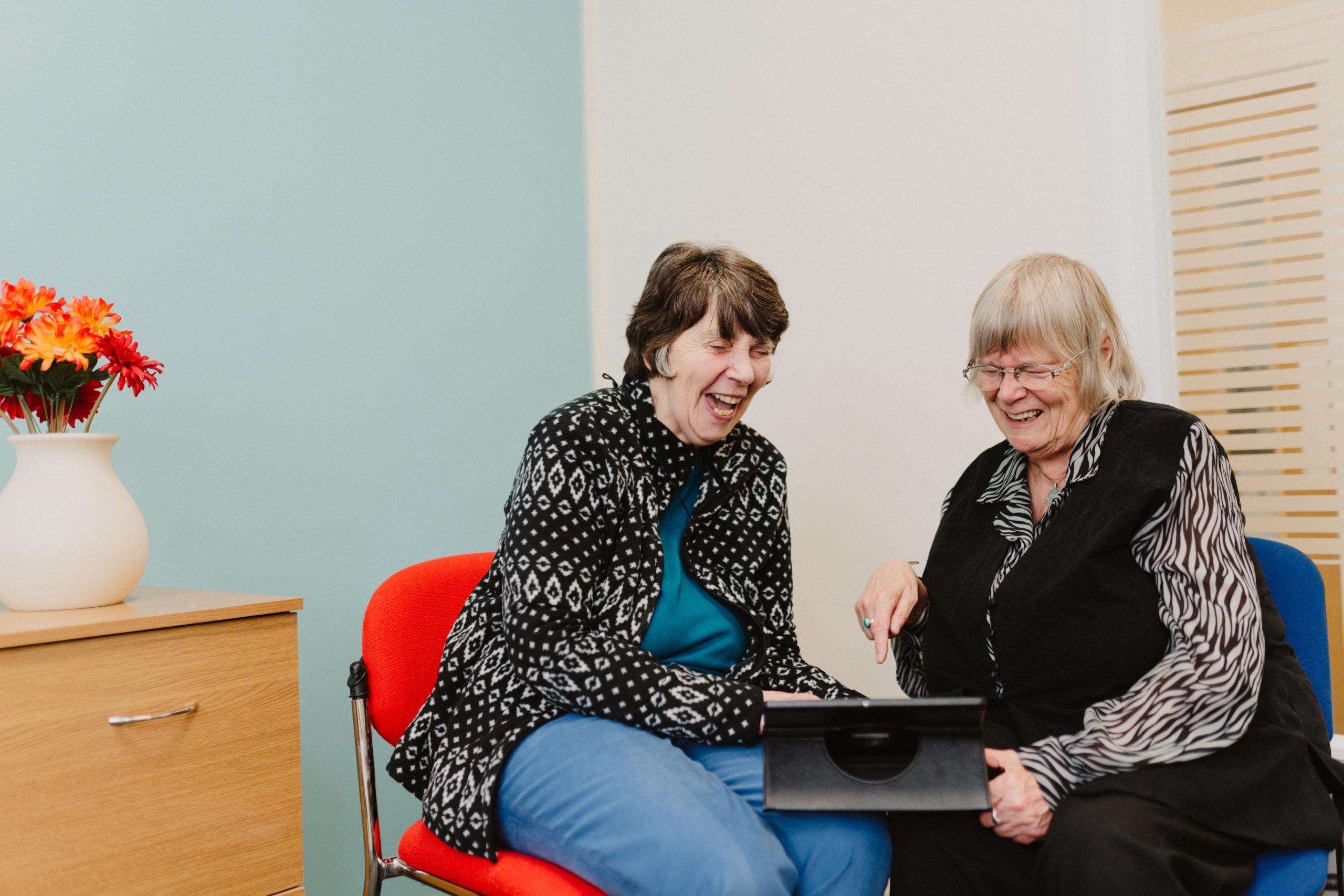
Invest in digital skills training
75% of people in the UK think that the Government should invest in digital skills training. Improving people’s basic digital skills – alongside their confidence and motivation – is integral to the UK’s ambitions for growth, productivity, and innovation.
Our work with the Cebr found that every £1 invested in basic digital skills could generate an overall return of £9.48. I’m pleased to see that the House of Lords’ report recognises the vital role of community organisations, like those in the National Digital Inclusion Network, in delivering these services.
£13,683,000 The benefit to the UK economy of fixing the digital divide (Cebr).
The Government must co-invest to halve the digital divide
The House of Lords has recommended a cross-government digital exclusion unit be established to execute key actions in a refreshed Digital Inclusion Strategy, such as investing in basic digital skills and focusing on community-level delivery.
We agree; to halve the digital divide by 2030, the Government, alongside businesses, must co-invest £30 million per year in digital inclusion and skills and work across departments – including Number 10 – to break down barriers to opportunity and set the UK on the path to the highest sustained growth in the G7.
So what happens now?
We will keep doing what we’re doing to fix the digital divide: providing data so that families can stay online during the summer holidays during a cost-of-living crisis. We’ll keep reducing barriers to online access, through our National Device Bank. We’ll keep supporting the National Digital Inclusion Network to help their communities to gain basic digital skills, using our new and improved Learn My Way platform.
All whilst we wait for the Government’s response to the House of Lords’ report. With the support and will of people in the UK, we hope to see the recommendations turn into actions. And (hopefully) we look forward to supporting the delivery of the new Digital Inclusion Strategy!
It’s an interesting time in politics. People are calling for action on digital exclusion. I hope the politicians are listening.
* PublicFirst poll for Good Things Foundation, May 2023. Surveyed 1,011 adults in the UK – figures are weighted and are nationally representative.
Read more Good Things
-
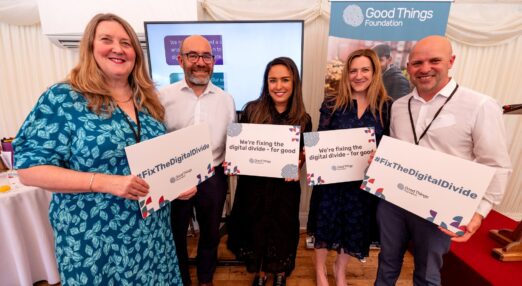
Good Things, partners, supporters and hubs gather to celebrate our work towards fixing the digital divide
We hosted our Fix The Digital Divide event to commemorate what we’ve achieved since launching our strategy. With the ambition to grow and support 5,000 Digital Inclusion Hubs...
-
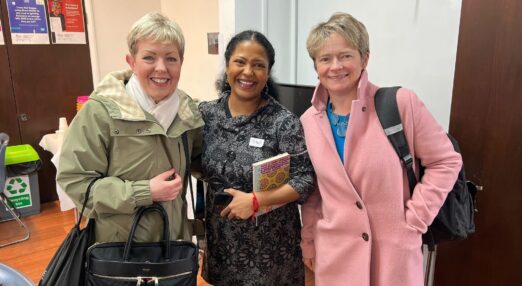
The Government “does not have a credible strategy to tackle digital exclusion”
Our response to the Lords’ roadmap for action. Today the urgent need to fix the digital divide is all over the media, due to the publication of the House...
-
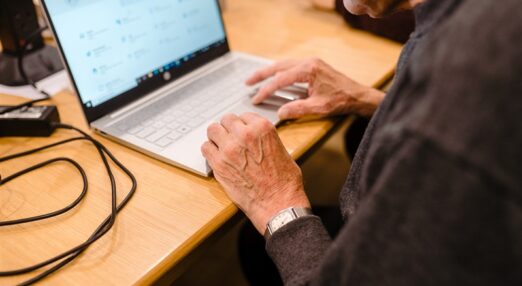
New research reveals biggest barriers to getting online
New poll reveals 18% of people have stopped using some products and services because they are only available online. Good Things Foundation's new Learn My Way is a...
